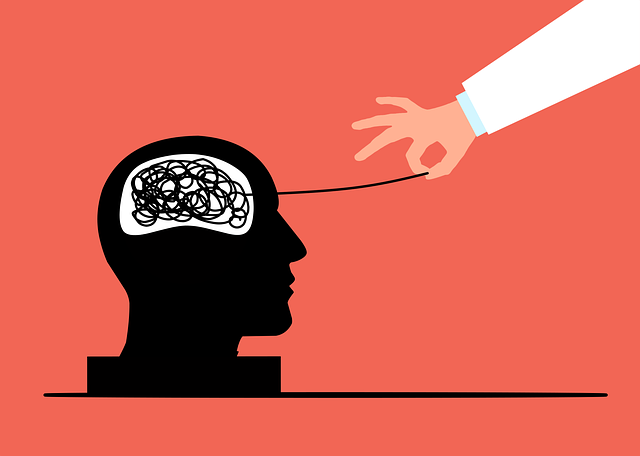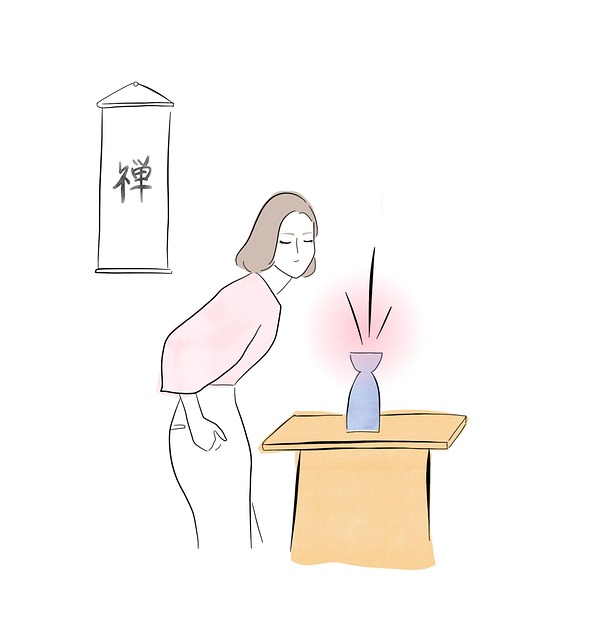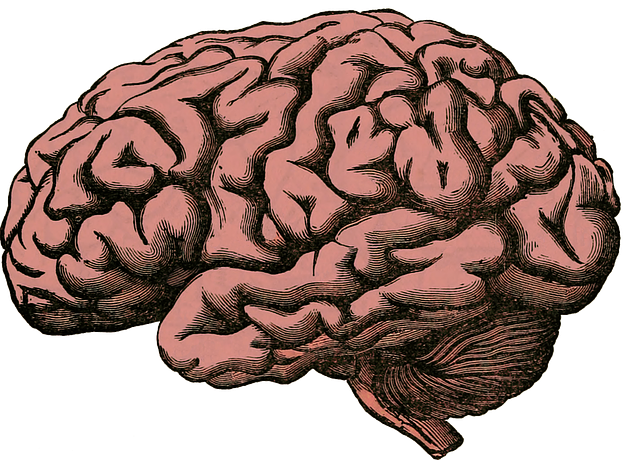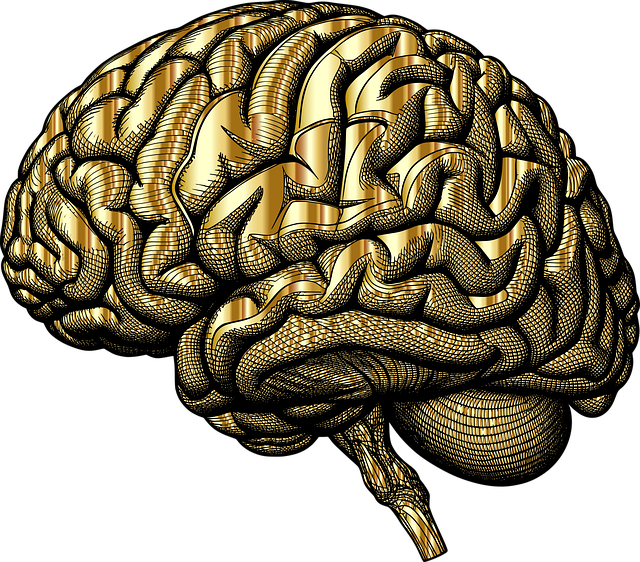Broomfield Geriatrics Therapy promotes holistic self-care for optimal well-being, emphasizing individual needs. They offer tailored programs combining physical activity, mindfulness, and stress management workshops. Their Mental Wellness Podcast Series provides valuable insights into various aspects of mental health. By prioritizing daily self-care routines like meditation and exercise, individuals can prevent burnout and enhance resilience. Tracking progress through journaling or apps allows for adjustments based on identified areas of improvement, fostering a sustainable lifestyle that supports mental, physical, and emotional equilibrium.
Self-care is an essential aspect of maintaining overall well-being, often overlooked yet crucial for a fulfilling life. In this comprehensive guide, we explore various strategies to enhance your self-care practices and uncover the profound impact it can have on your daily life. From understanding the foundational importance of self-care to discovering personalized routines, this article offers valuable insights. We also delve into effective methods, such as Broomfield Geriatrics Therapy, that provide a holistic approach, helping you navigate a path towards improved self-care and enhanced quality of life.
- Understanding Self-Care: The Foundation of Well-Being
- Broomfield Geriatrics Therapy: A Holistic Approach to Self-Care
- Identifying Personal Self-Care Needs and Priorities
- Strategies for Integrating Daily Self-Care Routines
- Measuring Success: Tracking and Adjusting Your Self-Care Journey
Understanding Self-Care: The Foundation of Well-Being

Self-care is a fundamental concept that forms the cornerstone of overall well-being and quality of life. It involves intentional actions taken to maintain or restore physical, mental, emotional, and social health. At its core, self-care is about recognizing one’s own needs and prioritizing them, ensuring a sense of balance and harmony in daily life. Broomfield Geriatrics Therapy emphasizes the importance of understanding self-care as a proactive approach, rather than just a reactive response to stress or illness.
Effective self-care practices are tailored to individual needs and circumstances, encompassing various aspects such as physical activity, proper nutrition, adequate sleep, stress management techniques, and meaningful social connections. By integrating these practices into daily routines, individuals can prevent burnout, enhance resilience, and improve overall satisfaction with life. Communication strategies and stress management workshops organized by organizations like Broomfield Geriatrics Therapy play a vital role in equipping people with the tools to manage their mental health effectively, fostering a sense of empowerment and control over one’s well-being.
Broomfield Geriatrics Therapy: A Holistic Approach to Self-Care

Broomfield Geriatrics Therapy offers a holistic approach to self-care, focusing on the interconnectedness of physical, mental, and emotional well-being. This comprehensive strategy recognizes that each aspect influences the others, emphasizing the need for balanced care. Through tailored programs, clients engage in activities that range from gentle exercises designed to improve mobility and strength to mindfulness practices aimed at calming the mind and cultivating a sense of inner peace.
The Mental Wellness Podcast Series Production, a component of Broomfield Geriatrics Therapy, plays a significant role in promoting self-care practices and emotional healing processes. These podcasts provide valuable insights, practical tips, and inspiring stories related to various dimensions of well-being. By listening to these resources, individuals can gain a deeper understanding of their own needs, learn effective strategies for managing stress, and explore avenues for enhancing overall mental wellness.
Identifying Personal Self-Care Needs and Priorities

Identifying your personal self-care needs is a crucial step in enhancing your overall well-being. It involves taking time to reflect and understand what activities, practices, and routines best support your physical, mental, and emotional health. This process is unique to each individual as our bodies and minds have distinct requirements. For instance, someone managing anxiety might prioritize mindfulness practices like meditation or yoga, while another person focusing on stress relief may opt for regular exercise and nature walks.
The Broomfield Geriatrics Therapy team emphasizes the importance of self-care in their approach to healthcare, understanding that it is a holistic process. They encourage individuals to assess their priorities, especially in today’s fast-paced world where balancing various responsibilities can be challenging. By prioritizing self-care, one can prevent burnout and create a sustainable lifestyle that incorporates activities fostering mental resilience, physical vitality, and emotional equilibrium, all of which are essential components of overall health, supported by evidence from Stress Management Workshops Organization and enhanced by Healthcare Provider Cultural Competency Training.
Strategies for Integrating Daily Self-Care Routines

Incorporating daily self-care routines is a powerful strategy for enhancing overall well-being, and Broomfield Geriatrics Therapy offers valuable insights in this regard. Start by identifying small pockets of time during your day that can be dedicated to self-nurturing activities. Morning rituals, such as practicing mindfulness or meditation, can set a calm tone for the day ahead. Even a short period of quiet reflection or deep breathing exercises can significantly reduce stress levels and improve mental clarity.
Additionally, engaging in regular physical activity, tailored to your comfort level, is an excellent form of self-care. This could be as simple as taking a brisk walk, practicing yoga, or participating in hobbies that promote movement. The key is consistency; setting aside dedicated time each day for these activities ensures their integration into your routine. By prioritizing self-care, individuals can better manage stress, recover from traumatic experiences with the support of Trauma Support Services, and contribute to public awareness campaigns focused on well-being, ultimately leading to a more fulfilling life.
Measuring Success: Tracking and Adjusting Your Self-Care Journey

Measuring success is a vital aspect of your self-care journey, allowing you to track progress and make informed adjustments. Start by identifying key areas where self-care can enhance your life, such as mental wellness, emotional well-being, or physical health. Utilize tools like journals, apps, or simple spreadsheets to record your daily practices, including activities like meditation, exercise routines, or social interactions. Regularly reviewing these records enables you to recognize patterns and gains.
For instance, a patient at Broomfield Geriatrics Therapy might find that their positive thinking exercises, implemented through a mental wellness coaching program, have significantly improved their overall emotional well-being over three months. This realization could prompt them to continue these practices consistently or explore new development techniques tailored to their evolving needs. Adjustments along the way ensure your self-care routine remains effective and aligned with your personal goals.
Incorporating self-care practices into daily life is a transformative journey, as highlighted by the insights from Broomfield Geriatrics Therapy. By understanding the foundation of well-being and identifying personal needs, individuals can create holistic routines that thrive on balance. Strategies for integration and tracking progress, such as those discussed in this article, empower folks to embark on their self-care journey with purpose. Remember that navigating self-care is a symphony of personalized practices, where each step, no matter how small, contributes to a more fulfilling and healthier life.














